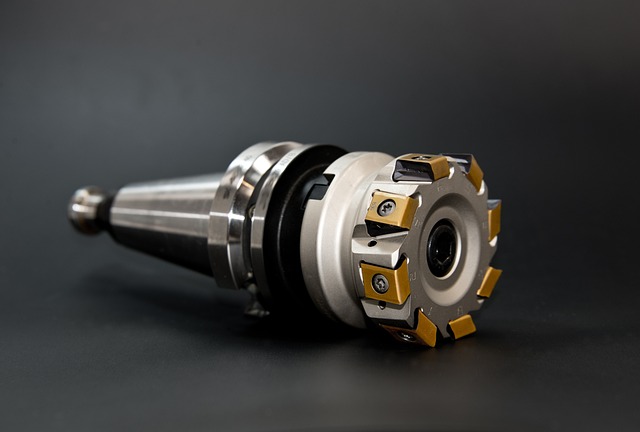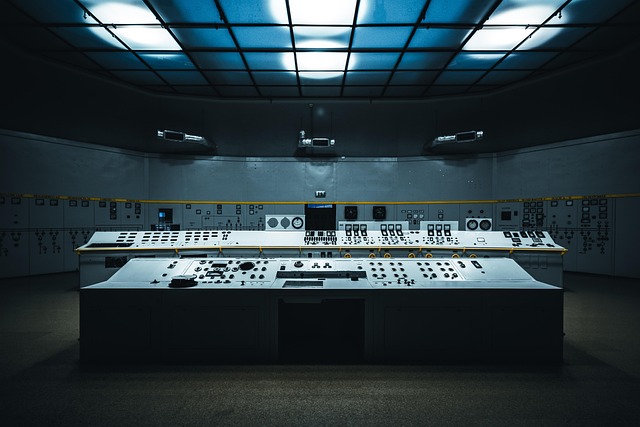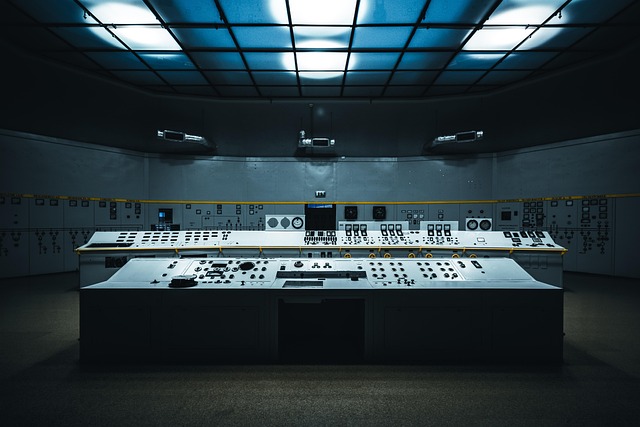In recent years, the intersection of robotics and artificial intelligence has sparked a revolution in how businesses interact with their customers and streamline their operations. With the advent of AI-controlled machines, companies are beginning to realize the transformative potential these technologies hold. The rise of automation is not just about efficiency; it’s about enhancing the human experience and redefining how we approach customer service and business processes.
Picture a world where your interactions with a company are seamless, personalized, and immediate. AI-controlled machines are paving the way to make this a reality. These advanced systems are capable of understanding consumer behavior, anticipating needs, and performing tasks that once required human intervention. Industries are already seeing the benefits of this shift. From retail to healthcare, the automation of business interactions is reducing wait times, minimizing errors, and enhancing satisfaction.
In the retail sector, for instance, AI-powered chatbots are available 24/7, providing instant support and answering queries with ease. This round-the-clock service not only improves customer experience but also allows businesses to allocate human resources to more complex tasks, enhancing overall productivity. Imagine visiting a website at any hour, your questions answered in real-time, all thanks to AI-controlled machines.
The impact of AI in business does not stop at customer service. Operations that once took teams of people to accomplish can now be managed by intelligent systems that analyze data, track inventory, and optimize logistics with unparalleled efficiency. This level of automation means businesses can respond faster to changing market conditions, adapt their strategies almost instantaneously, and ultimately save on costs while driving revenue growth.
Moreover, the collaboration between humans and machines is fostering innovation. As AI-controlled systems take over mundane tasks, employees can devote their creativity and strategy skills to areas that require emotional intelligence and nuanced decision-making. This synergy between AI and human capabilities paints a hopeful picture for the future of work. It’s not about replacing humans; it’s about empowering them to reach new heights.
However, the rise of AI-controlled machines also poses challenges. As businesses adopt these technologies, they must consider issues related to data privacy, security, and ethics. Striking a balance between automation and the human touch is crucial for maintaining trust in business interactions. Companies must also invest in training their workforce to collaborate effectively with AI systems, ensuring they are equipped to navigate this new landscape.
As we look forward, the potential of AI-controlled machines seems limitless. They are set to redefine the way we think about automation in business interactions, leading to a future where efficiency and personalization coexist. By embracing these innovations, businesses can not only improve their operations but also enhance the customer experience, ushering in a new era of intelligent interactions that resonate with everyone involved.




